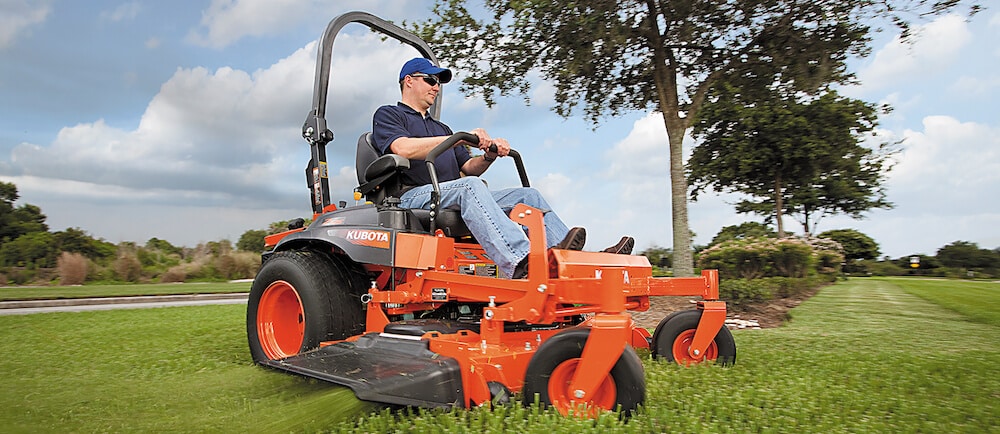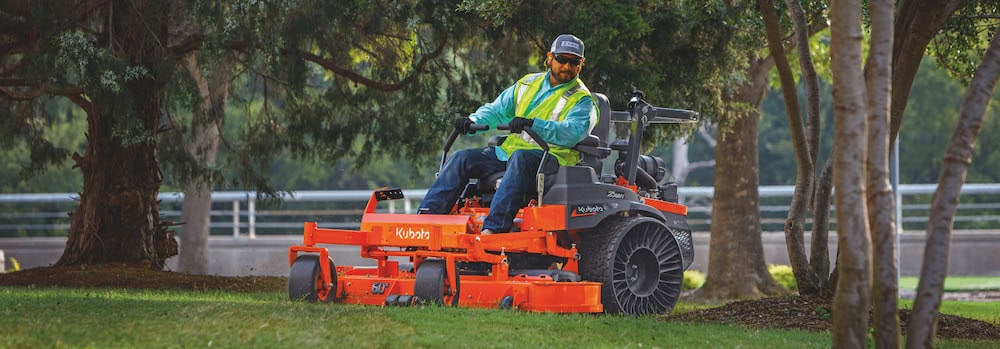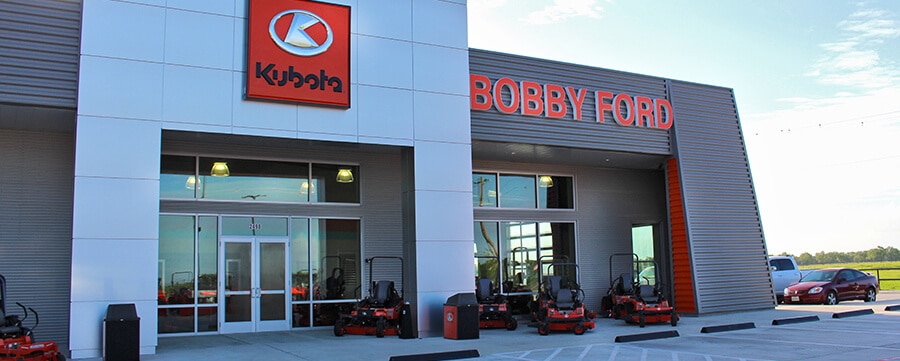
Did you know that with proper maintenance and expert tips, you can extend the life of your mower by years? Here’s everything you need to know about how long riding lawn mowers last and what you can do to extend their lifespans.
What is the Average Lifespan of a Riding Lawn Mower?
So, you’re wondering how long you can expect your riding lawn mower to last.
The lifespan of a well-maintained riding lawn mower typically falls in the range of 10 to 15 years. Several factors influence the longevity of these machines, including the frequency of use, maintenance practices, storage conditions, and the quality of the mower. Well-maintained riding lawn mowers that receive regular service and are operated on relatively smooth terrain tend to last longer.
However, it’s essential to note that individual experiences may vary, and factors like extreme weather conditions, usage on rough terrain, and the mower’s overall build quality can impact its lifespan.
Factors That Influence Lawn Mower Lifespan
Several factors affect the lifespan of a riding lawn mower:
- Maintenance Practices – Regular and proper mower maintenance, including oil changes, air filter replacements, and blade sharpening, significantly impacts the equipment’s longevity.
- Usage Frequency – The more frequently a riding mower is used, the more wear and tear it experiences. Moderate and consistent usage tends to contribute to a longer lifespan.
- Terrain – The type of terrain the mower operates on matters. Rough, uneven terrain can accelerate wear on the mower’s components.
- Storage Conditions – How the mower is stored during periods of inactivity matters. Sheltering it from the elements and using proper covers can prevent premature deterioration.
- Quality of Construction – The build quality and durability of the mower play a crucial role. Higher-quality materials and craftsmanship often result in a longer-lasting machine.
- Weather Conditions – Exposure to extreme weather (excessive heat, cold, or prolonged rain) can affect the mower’s components and reduce its lifespan.
- Proper Operation – Following the manufacturer’s guidelines for proper operation, such as not exceeding weight limits and avoiding abrupt movements, helps maintain the mower’s health.
- Timely Repairs – Addressing issues promptly and conducting necessary repairs on time prevents small problems from escalating, ultimately prolonging the mower’s life.

Riding Lawn Mower Lifespan FAQs
Need more info? Here are the answers to all your top questions.
How often should I service my riding lawn mower to maximize its lifespan?
Regular servicing (oil changes, blade sharpening, air filter replacements) should be conducted per the manufacturer’s recommendations – typically at least once a year.
Read now: Kubota Maintenance Schedule
What are the signs that a riding mower is nearing the end of its lifespan?
Increased difficulty in starting, excessive smoke, unusual noises, and declining cutting performance are indicators that a mower may be reaching the end of its useful life.
Can I extend the lifespan of my riding mower with aftermarket accessories or modifications?
While some accessories can enhance performance, it’s crucial to ensure they are compatible and do not void the manufacturer’s warranty. Check with the manufacturer for guidance.
How does the choice of fuel impact the longevity of a riding lawn mower?
Using the recommended fuel and following proper storage procedures during periods of inactivity can contribute to the overall longevity of the mower.
What role does regular cleaning play in maintaining a riding lawn mower?
Regular cleaning (especially the cutting deck and undercarriage) helps prevent rust and corrosion.
Is there a point when it’s more cost-effective to replace than repair a riding mower?
Yes, there can be a point when it becomes more cost-effective to replace a zero-turn riding mower rather than continue with repairs. Several factors influence this decision:
- Extent of Repairs – If your riding mower requires extensive and costly repairs that approach or exceed its market value, investing in a new machine may be more economical.
- Age of the Mower – As a riding mower ages, its components may wear out, and obtaining replacement parts can be challenging and expensive.
- Overall Condition – If multiple components are failing simultaneously or if there is widespread deterioration, replacement may be a more practical option.
- Frequency of Repairs – If your mower is constantly breaking down, requiring frequent and expensive repairs, it may be more cost-effective to invest in a newer, more reliable model.
- Technological Advances – Newer models often come with technological advancements, improved fuel efficiency, and enhanced features. If your current mower lacks these benefits, upgrading may make sense in the long run.
- Future Maintenance Costs – Consider potential future maintenance costs. If your mower is showing signs of age, it may continue to require frequent repairs (increasing the long-term cost of ownership).

Visit the Lawn Mower Repair Shop at Bobby Ford Tractor & Equipment
Ready to give your riding mower the care it deserves? Don’t let repairs become a hassle – visit the service center at Bobby Ford Tractor & Equipment! Our skilled technicians are here to breathe new life into your Kubota mower, ensuring it’s ready to tackle your lawn with ease. Whether it’s routine maintenance or a more complex repair, you can trust the experts at Bobby Ford.
Visit us today for top-notch service.
The content on this site reflects my own opinions and does not necessarily reflect the views or opinions of my employer or Kubota Tractor Corporation.
